HTC Vive headsets of the future could be lighter and wireless thanks to 5G
Are HTC Vive AR glasses also in the works?
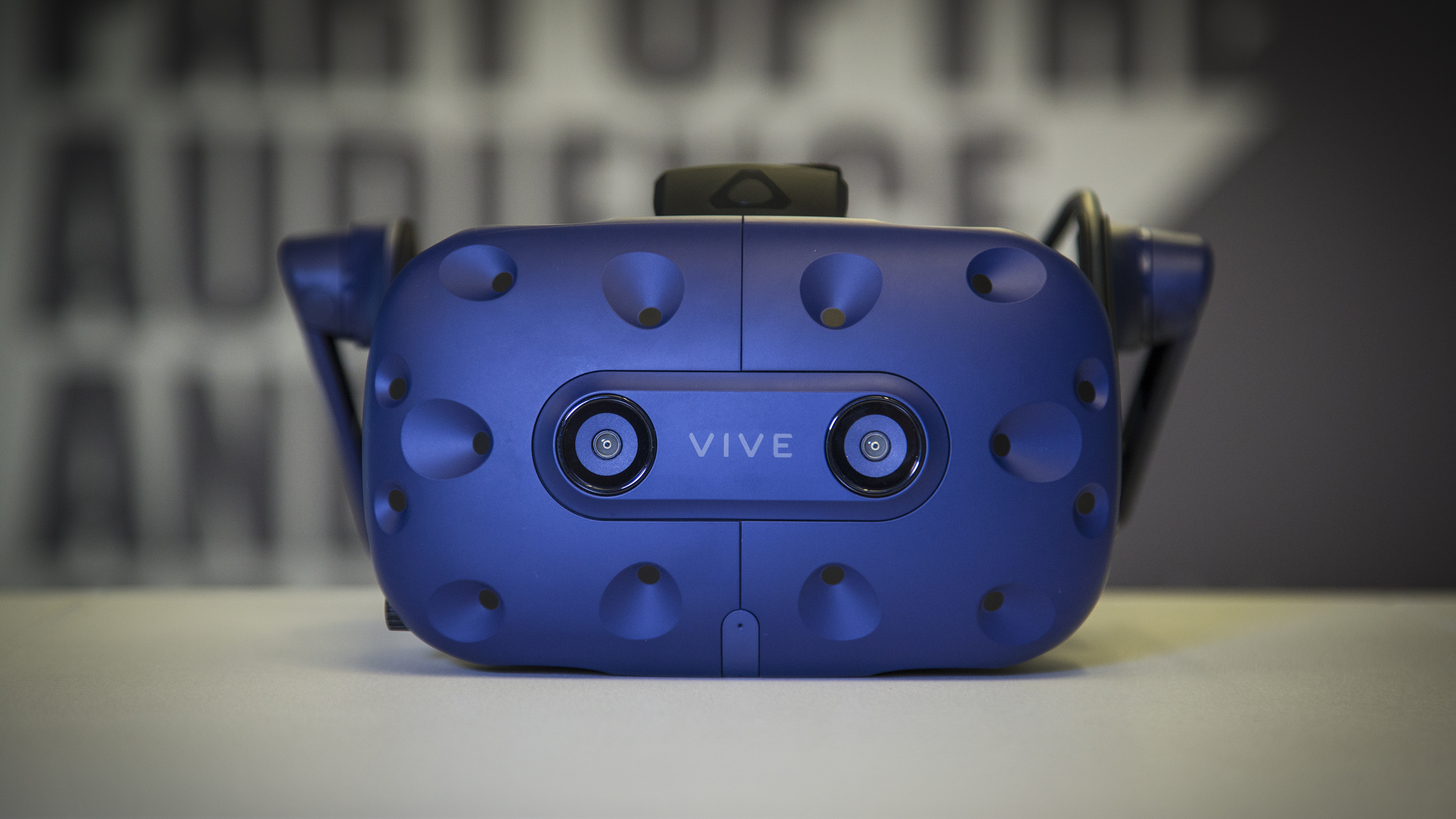
Sign up for breaking news, reviews, opinion, top tech deals, and more.
You are now subscribed
Your newsletter sign-up was successful
5G networks are on the way to make smart device connectivity incredibly fast. Industry leaders think it won’t become the most dominate mobile network until 2025, but virtual and augmented reality companies are hoping 5G hits the world's airwaves much sooner.
With the increased bandwidth, minimal latency and remote processing power associated with 5G, an HTC executive said that VR devices will be much lighter, wire-free, and capable of much more lifelike experiences.
Speaking to Gulf News at the UAE launch of the HTC Vive Pro, HTC Product and Strategy VP Raymond Pao said that 5G was a “perfect fit” for VR and AR.
He continued that latency and bandwidth limits over current Wi-Fi and Bluetooth networks put a ceiling on what current-gen headsets can accomplish. But by moving “more computing power to the cloud”, headsets can be much lighter and totally wireless.
HTC has plans to release a Wireless Adapter for the Vive this summer, and currently has the wireless HTC Vive Focus standalone headset on sale in China. But 5G would allow for incredible speeds and power without having your device on a dedicated network.
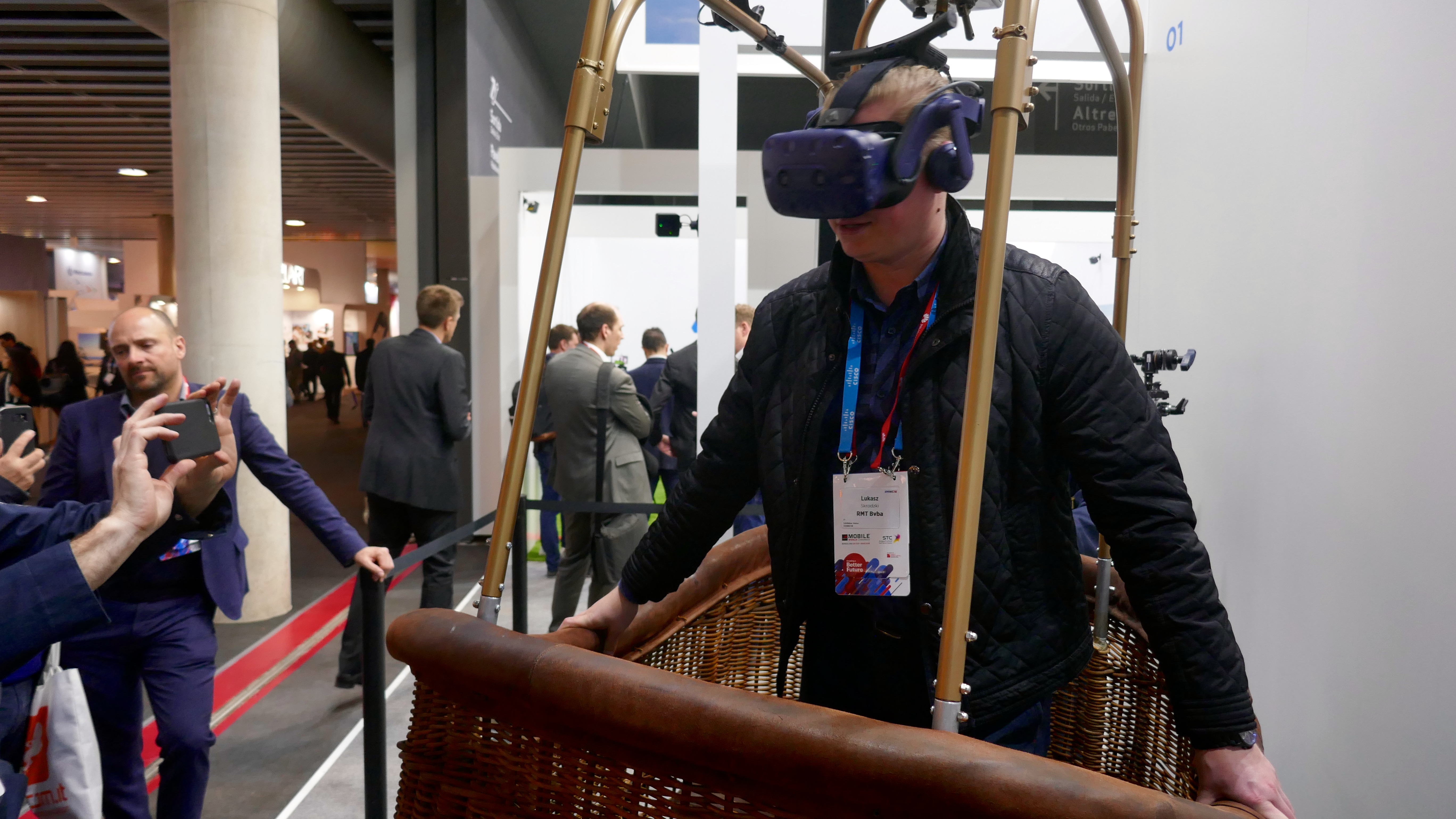
“Cloud computing over 5G will enable every single VR and AR device to be the most powerful device in the world,” HTC CEO Cher Wang said at MWC 2018 earlier this year. “Thanks to edge computing and real time transmission...5G reduces the need for device-based computing power.”
Now for the inevitable bad news: 5G could still be years away from being widespread enough to make a difference.
Sign up for breaking news, reviews, opinion, top tech deals, and more.
A Forrester industry report covered by VentureBeat claimed that while 5G and AI computing will help VR devices, “neither will pay off until 2020.”
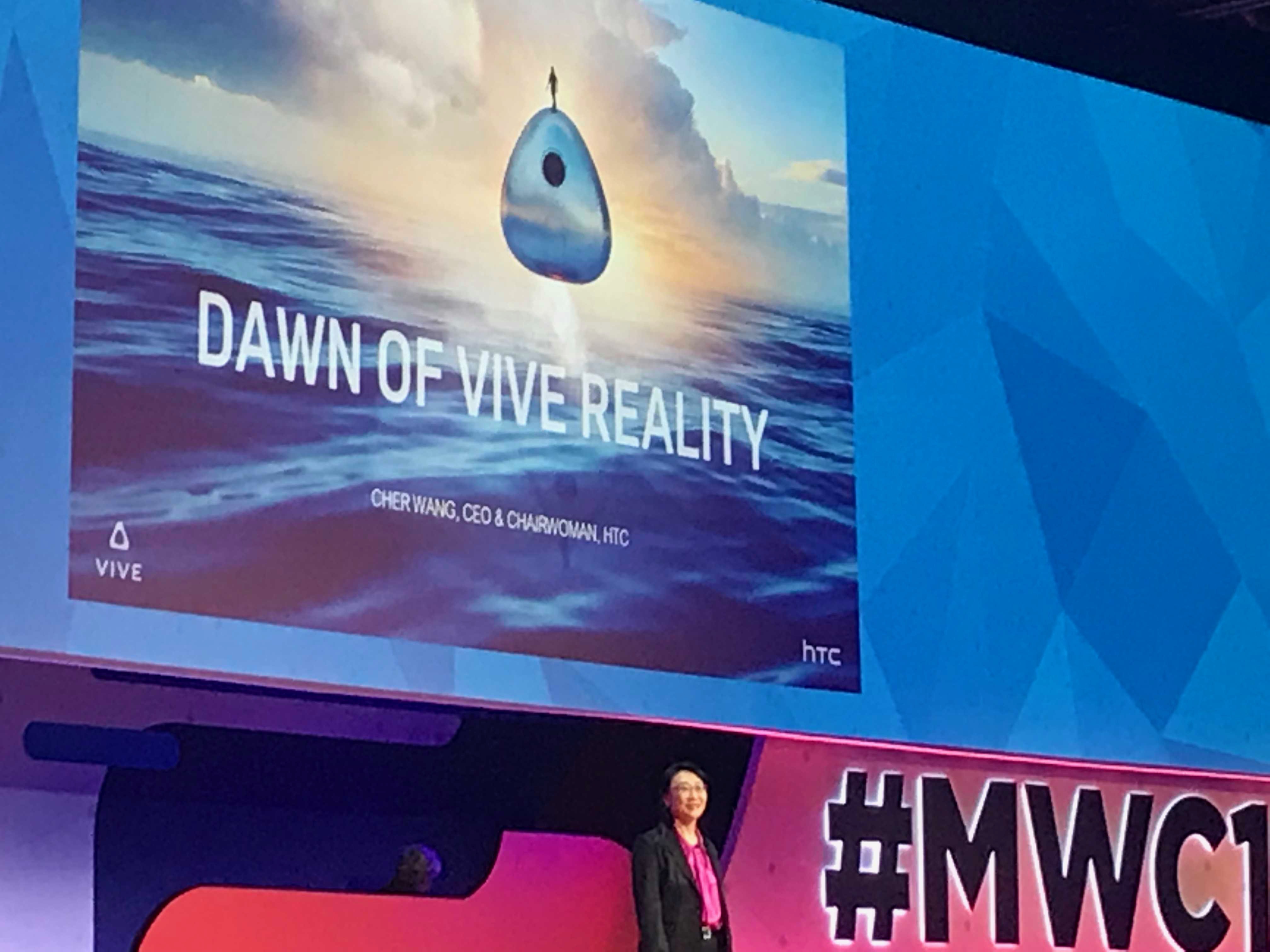
HTC may be fine with that timeline. Pao claimed that optimizing VR to utilize AI tech on 5G networks “may take between three to five years”.
So regardless of when internet companies get 5G launched worldwide, VR and AR companies probably will need plenty of time to take full advantage of its potential.
Other companies are also looking to jump on the 5G bandwagon as soon as possible. In an interview with TechRadar, Lenovo EMEA President Francois Bornibus said they are “looking at 5G technologies keenly” for VR/AR applications.
And both Intel and Qualcomm are developing “always-online” chips and modems for VR/AR devices.
HTC’s potential mixed-reality plans
One of the biggest beneficiaries of 5G could be AR devices. Mobile AR platforms, like Magic Leap One, that are designed to go anywhere and project digital objects onto the real world over mobile networks, would most profit from constant, high-speed connectivity.
HTC’s Vive and Vive Pro are VR-only for now. But in the Gulf News report, Pao hinted at HTC's aim to bring VR tech to "normal eyewear," though the article offers no further elaboration.
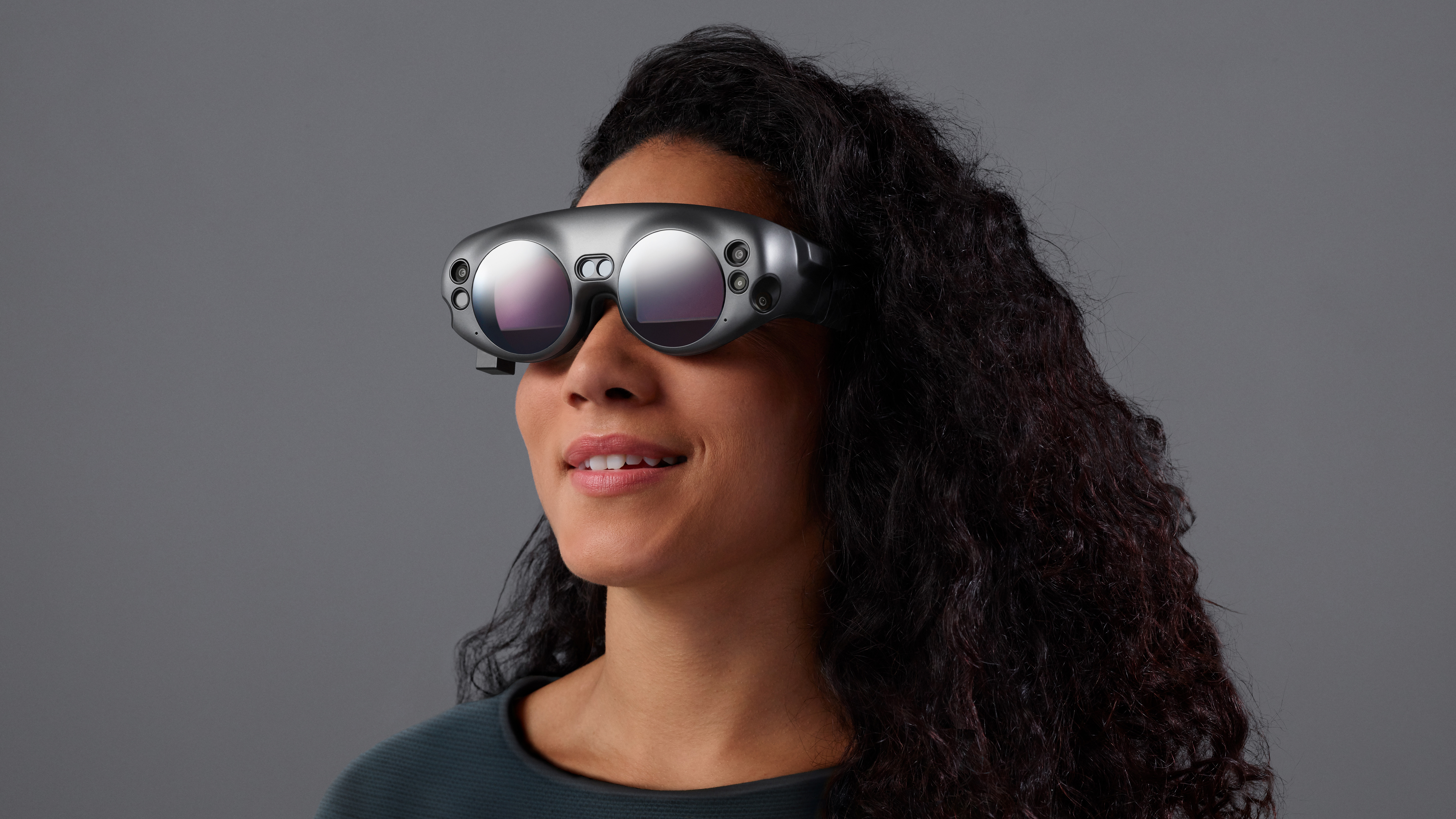
HTC does assist with installing prescription lenses into the Vive and Vive Pro, but this vague reference hints at something more ambitious. Could HTC be planning to create smart prescription glasses with VR/AR capabilities?
Considering Pao said 5G was a perfect fit for both VR and AR, it’s possible HTC wants to combine these technologies into one lightweight, stylish device.
Of course, until we hear more concrete details, we can't know for sure.
- Here's what we know so far about the rumored Apple AR Glasses
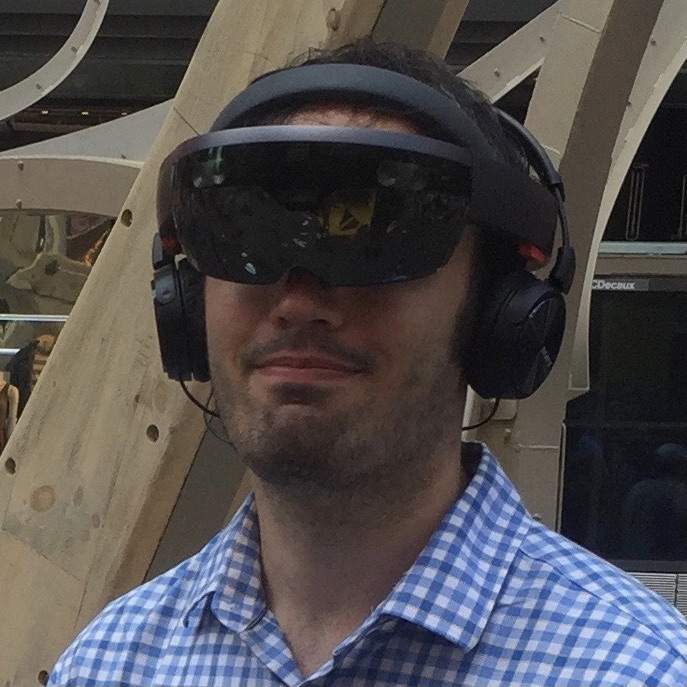
Michael Hicks began his freelance writing career with TechRadar in 2016, covering emerging tech like VR and self-driving cars. Nowadays, he works as a staff editor for Android Central, but still writes occasional TR reviews, how-tos and explainers on phones, tablets, smart home devices, and other tech.